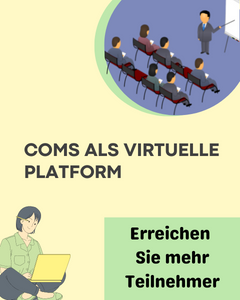Startseite / Konferenzkalender / Mathematik / Kryptographie, Blockchain und Informationssicherheit / Großbritannien
Konferenzen > Mathematik > Kryptographie, Blockchain und Informationssicherheit > Großbritannien
Wählen Sie ein Land aus
Großbritannien
1
Workshop — Novel lattice assumptions
13. Jul 2026 - 17. Jul 2026 • ICMS, Bayes Centre, Edinburgh , Großbritannien
Eintrags-ID:
1670104
Conference-Service.com stellt der Öffentlichkeit ein Kalendarium wichtiger Konferenzen, Symposien und sonstiger Tagungen im wissenschaftlich-technischen Bereich zur Verfügung. Obwohl das Verzeichnis mit großer Sorgfalt zusammengestellt und ständig aktualisiert wird, weisen wir auf die Möglichkeit von Fehlern ausdrücklich hin. Bitte vergewissern Sie sich immer beim Veranstalter, bevor Sie über die Teilnahme oder Nichtteilnahme an einer Konferenz entscheiden.
Stand vom 22. Juli 2025



